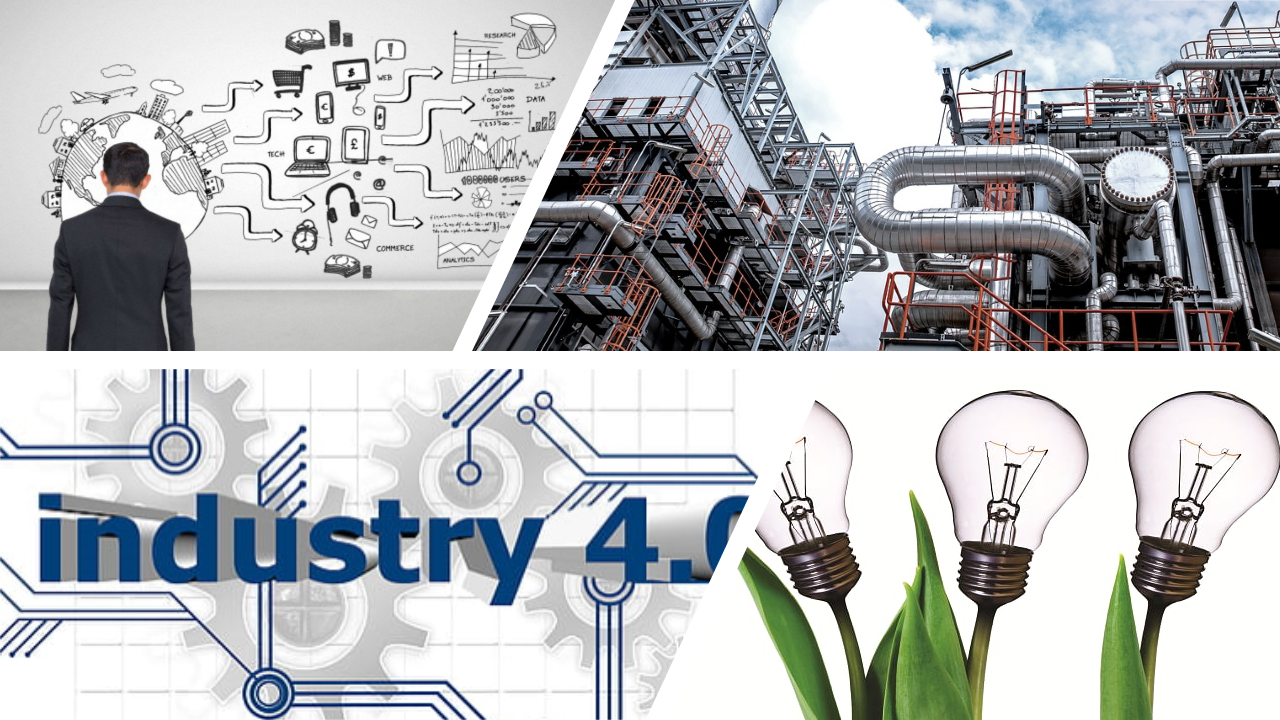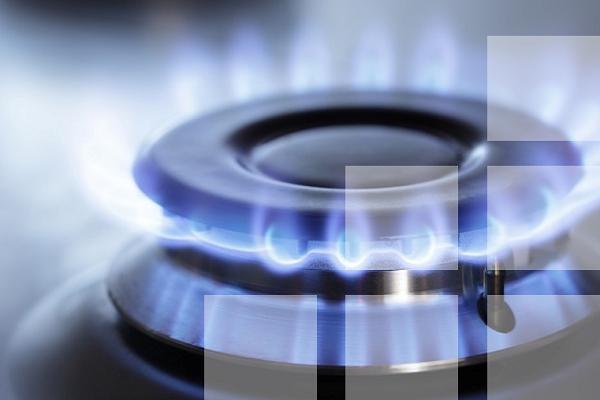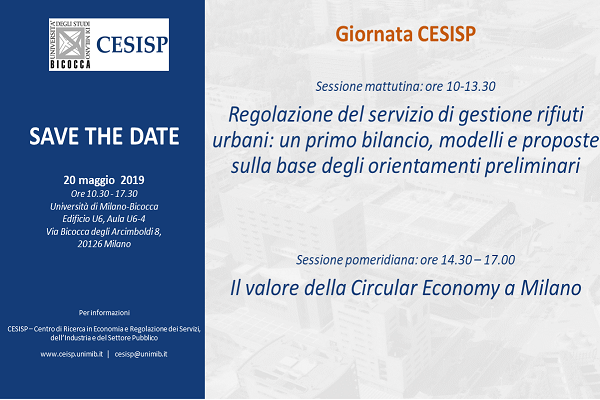The entrepreneurial state, which arose with the foundation of IRI, accompanied and supported Italy’s economic growth after the Second World War, both in the favorable years of reconstruction and the economic boom and in the problematic years of the oil crises and the high cost of money and the growing public debt. Thanks to public companies it possessed and used direct tools with which to pursue the country’s economic growth, however in the 1990s it chose to deprive itself of them through privatization processes. In the last quarter of a century, alongside the entrepreneurial state, economic growth has also disappeared, as private entrepreneurship has not been able to take on the role previously played by public entrepreneurship. In the next quarter of a century the entire agenda of European and Italian industrial policy will be conditioned by the challenging sustainability objectives adopted with the ‘Fit for 55’ Package for 2030-2050. With what tools can they be prosecuted at a national level? How will it be possible to face much more demanding objectives, which combine sustainability with growth, with entrepreneurial tools and financial means that have proven insufficient to guarantee growth alone?





